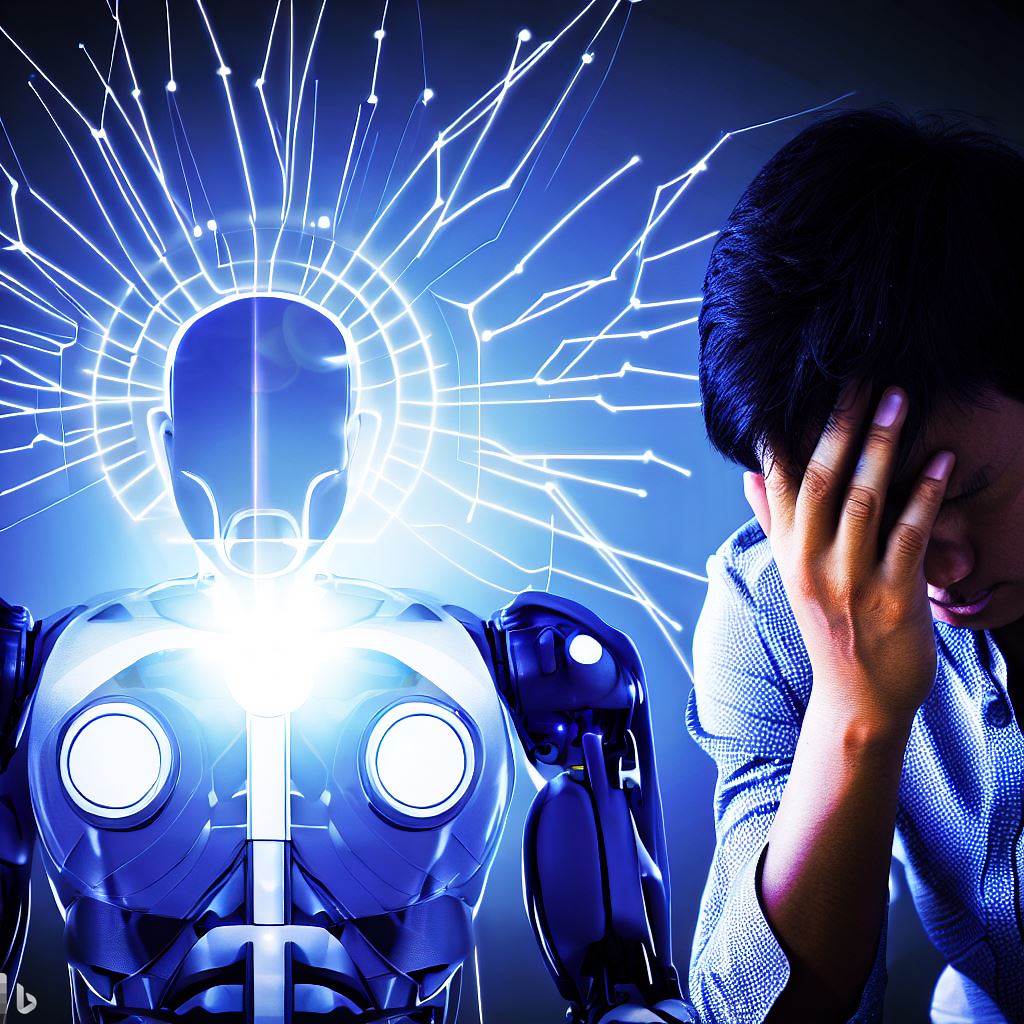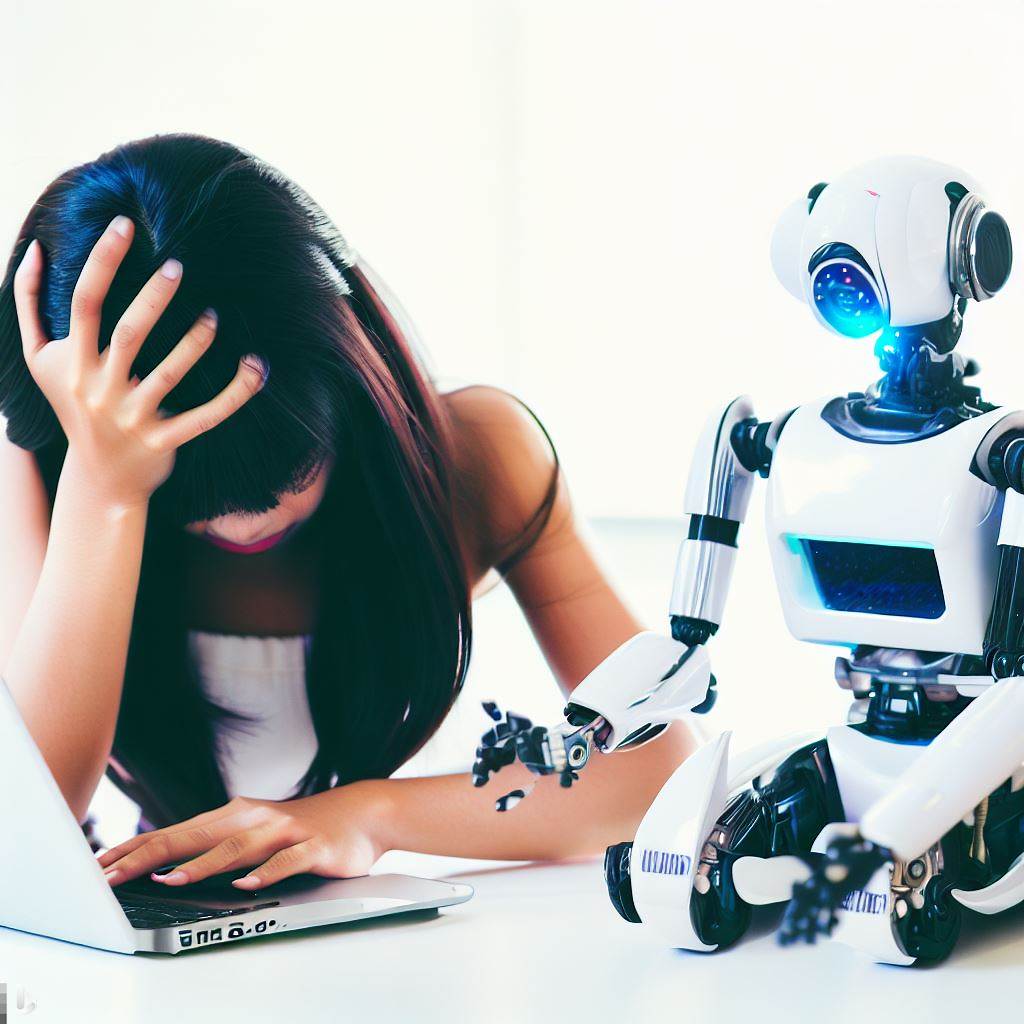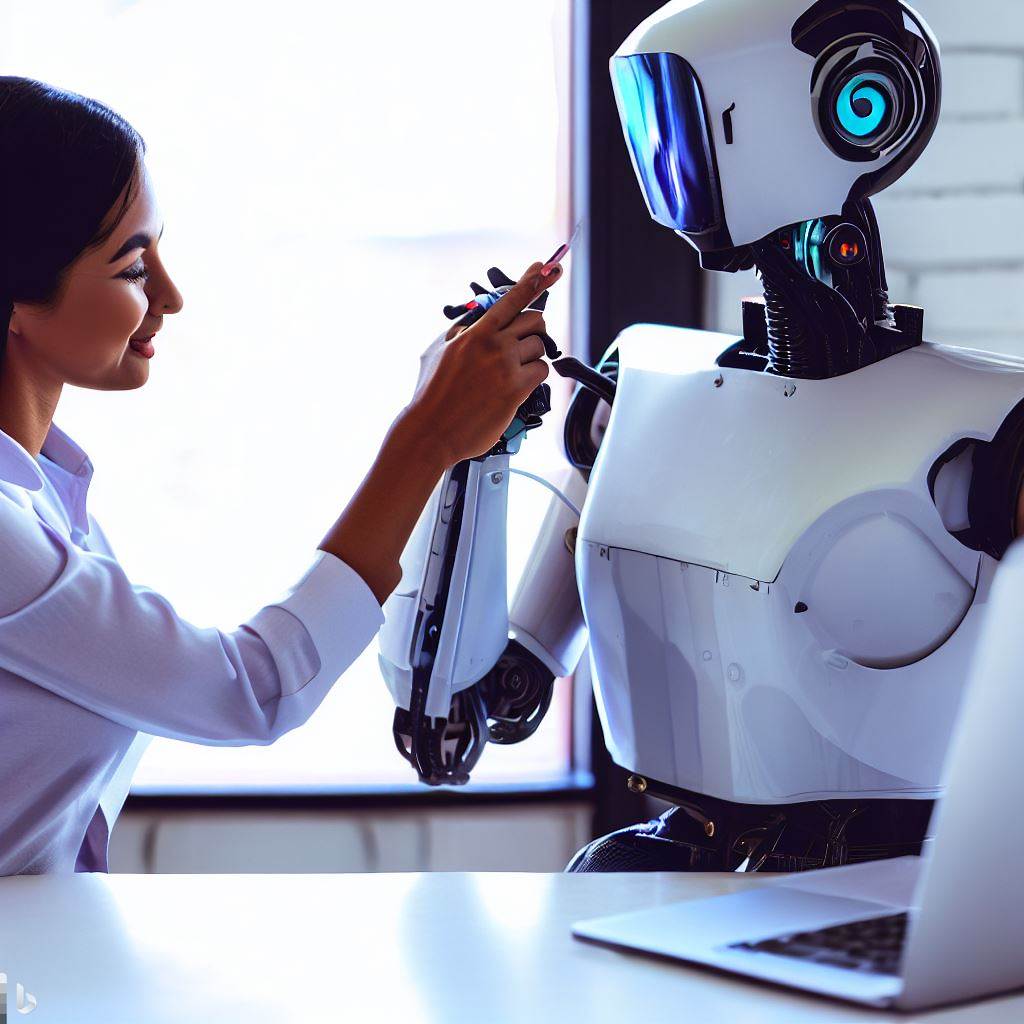In this era of rapid technological advancement, the integration of artificial intelligence (AI) has permeated various aspects of our lives, promising convenience, efficiency, and innovation. However, as the reliance on AI grows, it becomes increasingly vital to question the potential consequences of this omnipresent technology. While AI undoubtedly brings immense benefits, there is an inherent danger when technology seeps into every facet of our existence, jeopardizing our mental well-being, physical health, and spiritual connection.
Mind Overwhelm – The Burden of Infinite Choices
AI, with its ability to process vast amounts of data and personalize experiences, has brought about a plethora of options in every domain. From online shopping to entertainment recommendations, we are bombarded with an endless stream of choices. While choice is often seen as empowering, an excess of options can overwhelm the human mind. Decision fatigue, a psychological phenomenon, occurs when individuals are confronted with an overwhelming number of decisions, leading to mental exhaustion, reduced self-control, and dissatisfaction. AI, in its quest to cater to our preferences, can exacerbate this issue, making it harder for us to make informed choices and maintain a clear state of mind.
Moreover, the pervasive nature of AI-driven social media algorithms has fostered the rise of echo chambers, where individuals are constantly exposed to opinions and information that align with their existing beliefs. This reinforces biases, stifles critical thinking, and hinders the development of empathy and understanding. By narrowing our worldview, AI inadvertently inhibits our intellectual growth and hampers our ability to engage in meaningful discourse, eroding the essence of a healthy society.
Body Neglect – The Perils of Sedentary Living
As AI facilitates automation and simplifies everyday tasks, physical exertion becomes increasingly optional. With the advent of smart homes, voice assistants, and autonomous vehicles, we find ourselves increasingly sedentary. While the intention behind these innovations is to enhance our comfort and convenience, they inadvertently contribute to a more stagnant lifestyle. The lack of physical activity, a consequence of excessive reliance on AI, has been linked to a myriad of health issues, including obesity, cardiovascular diseases, and musculoskeletal problems.
Furthermore, the integration of AI into healthcare systems, while undoubtedly beneficial in many aspects, can lead to a depersonalization of medical care. Human interaction and the intuition of healthcare professionals are vital components of the healing process. The overreliance on AI-driven diagnostics and treatment plans risks diminishing the holistic approach to healthcare, reducing patients to mere data points. The human touch and empathetic connection, which are essential for healing, must not be sacrificed at the altar of technological progress.
Soul Disconnect – Struggling for Authenticity
In our quest for efficiency and optimization, AI has invaded the realm of creativity and self-expression. AI-generated art, music, and literature have gained considerable attention, blurring the line between human creation and machine output. While AI can replicate patterns and mimic artistic styles, it lacks the essence of human experience, emotions, and imagination. The pursuit of authenticity and originality becomes diluted when AI usurps the creative process, leaving us disconnected from the profound impact of genuine human expression.
Moreover, the constant exposure to AI-driven virtual assistants and chatbots as substitutes for human companionship poses a grave threat to our emotional well-being. Genuine human connections nourish our souls, allowing us to share our joys, sorrows, and vulnerabilities. AI, despite its advanced conversational abilities, cannot replace the warmth and empathy that only humans can offer. By replacing authentic connections with artificial simulations, we risk becoming isolated, emotionally stunted, and devoid of genuine intimacy.
A Balanced Coexistence – The Path to Reconciliation
Recognizing the potential harms of excessive AI integration is crucial, but that does not necessitate a complete rejection of technology. Instead, we must strive for a balanced coexistence, where technology serves as a tool that enhances our lives without overshadowing our essential human qualities.
To achieve this, we need to foster digital literacy and critical thinking skills that empower us to navigate the vast sea of information and make informed decisions. By consciously curating our digital consumption and embracing diverse perspectives, we can mitigate the risks of echo chambers and maintain a healthy intellectual environment.
Promoting physical activity in our daily routines is equally important. Engaging in regular exercise, despite the convenience offered by AI, ensures that we prioritize our physical well-being and mitigate the health risks associated with sedentary living. Embracing a holistic approach to healthcare that incorporates AI while preserving the human touch is crucial to ensure the well-being of both patients and healthcare providers.
Lastly, we must cherish and preserve our human connections, valuing authentic relationships and emotional intimacy. Limiting our dependence on AI-driven substitutes and actively seeking out genuine interactions will help safeguard our emotional well-being and maintain our spiritual connection.
Conclusion
While AI brings undeniable benefits, an overreliance on technology can have unintended consequences on our minds, bodies, and souls. By cultivating mindfulness, striking a balance, and asserting our human essence, we can embrace the potential of AI without compromising our fundamental humanity. Let us tread the path of technological progress with caution, ensuring that it remains a servant to our higher aspirations rather than a master that subjugates our very essence.



